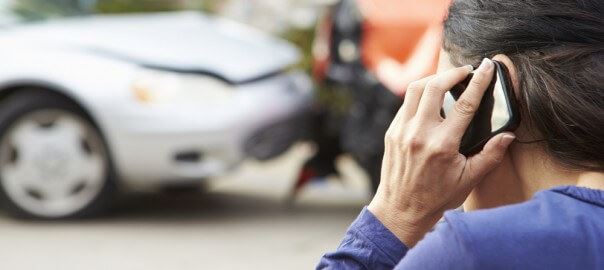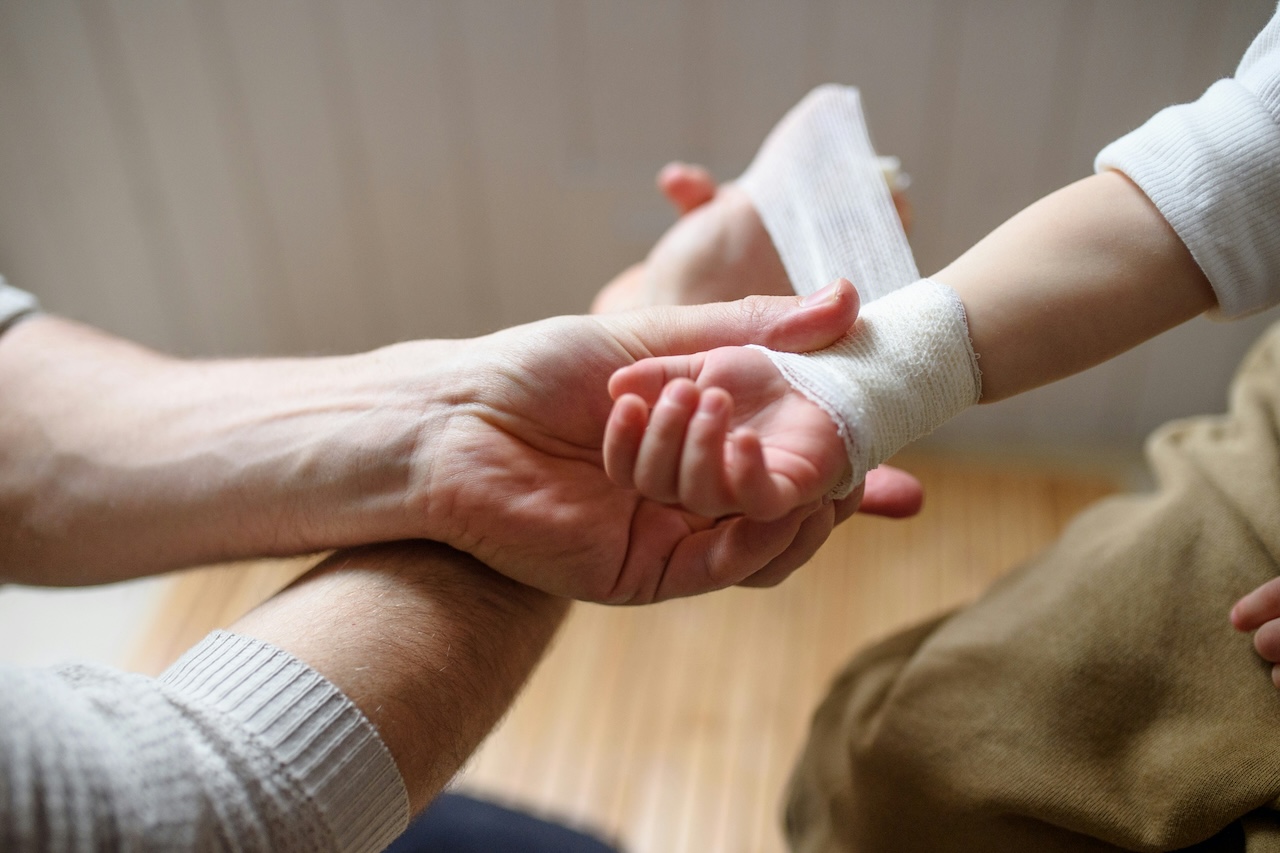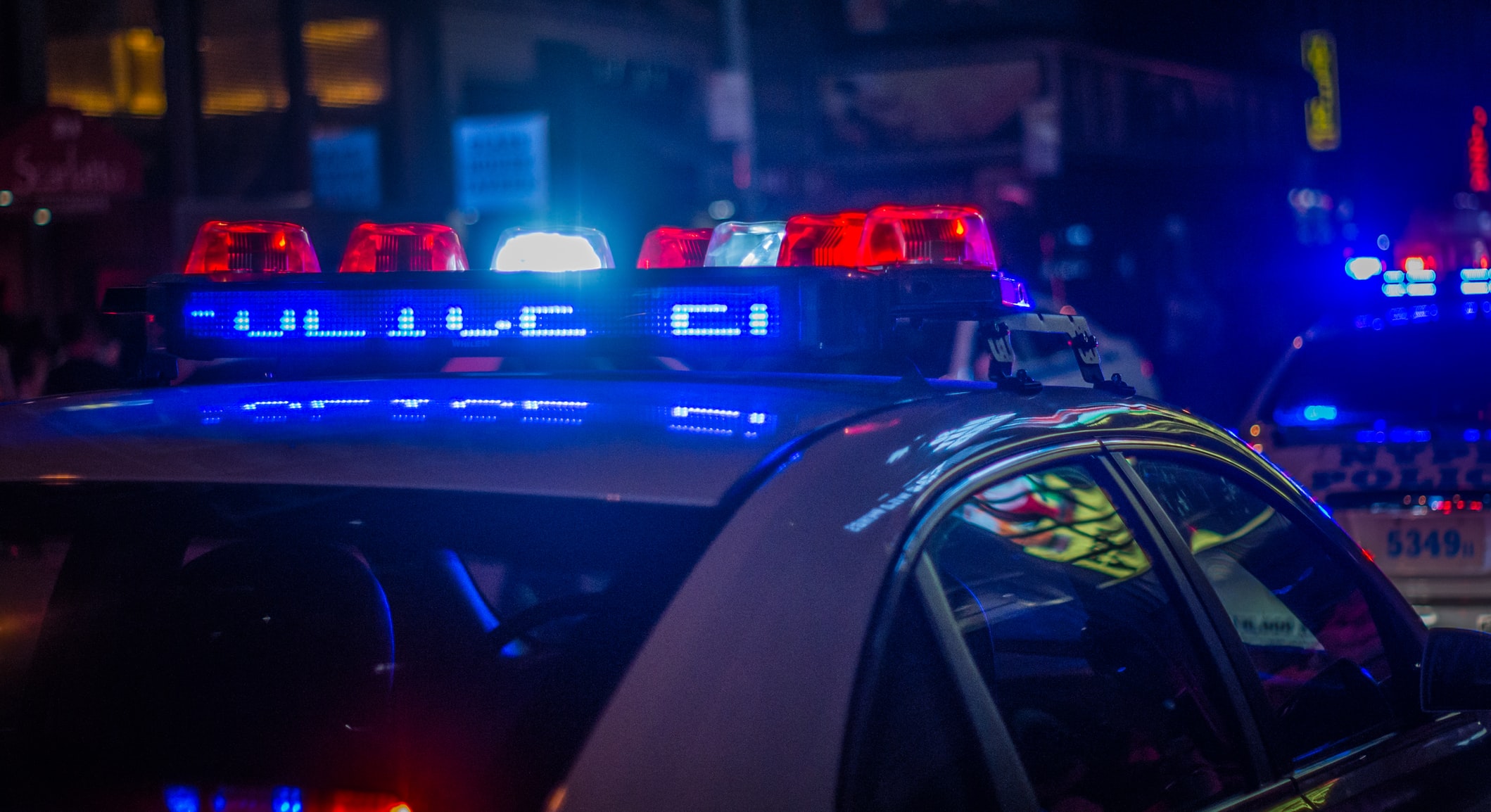We’ve all seen the aftermath of an accident. Fender benders and serious crashes can leave drivers dazed and confused, and oftentimes in need of assistance before the emergency teams can arrive. If you witness an accident while you’re driving, make sure you know what to do so you can provide the maximum amount of assistance while keeping yourself out of harm’s way.
Keep Yourself Safe
If you’ve witnessed an accident, always put your safety first. Carefully pull over to the side of the road at least 100 feet away from the accident in order to leave ample room for emergency vehicles to arrive and to keep yourself away from potential debris. Only exit your vehicle if it is safe to do so.
Call 911
Quickly assess the situation and dial 911; never assume someone else has already called. You should be able to report that there was an accident, the location, number of people involved, and any other pertinent details.
Check on the Victims’ Conditions
Make sure it’s safe to approach, then check to see how all of the victims are doing. There may be a chance you can improve the condition but DO NOT move any victim unless there is a risk of fire. Moving an injured person could unintentionally cause more damage. Leave this to the professionals once they arrive and instead do your best to comfort and reassure any injured persons.
Stabilize the Vehicles
If possible, have the drivers put their vehicles in “park” and shut off the ignition. This will help reduce the risk of fire and prevent the situation from becoming worse.
Give a Statement
Take the chance to calmly assess the details of the crash and give them to the authorities when asked. Do not make accusations about who is at fault, rather stick to the facts of the crash and let the authorities determine responsibility for themselves. Be prepared to give your contact information should the authorities need to contact you again in the future.
In the event of a crash it is important to remain calm and clearheaded. An accident can be traumatizing for the victims and by rendering calm and appropriate assistance you can help ensure the best possible outcome. Stay on the scene to report what you’ve seen but always put your safety first. By following these rules you can help make the road a safer place for all drivers even after the unavoidable occurs.
 Text Us
Text Us  Call Us
Call Us 







